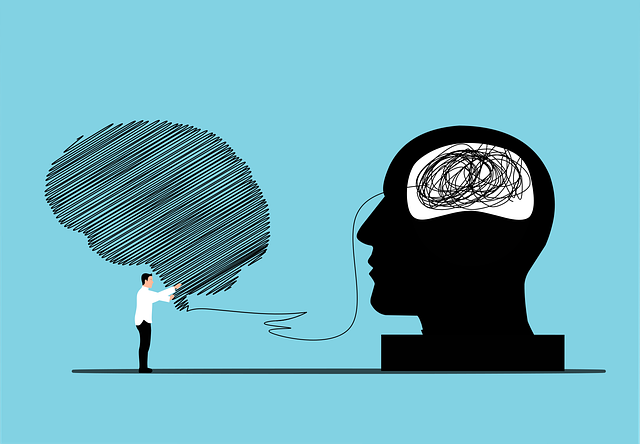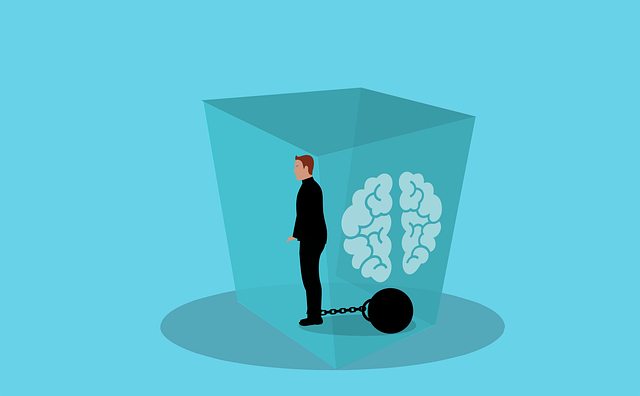One sort of anxiety problem is hypochondria. It is also referred to as hypochondriasis, health anxiety, or illness anxiety disorder. It’s common for folks to occasionally worry about their health. However, hypochondriacs worry excessively that they are either extremely sick already or will soon become extremely sick. This can happen even if they are asymptomatic or only have very modest symptoms. They may even take ordinary feelings for signs of a dangerous disease.
Some individuals who suffer from hypochondria worry excessively about a health issue. While they are well, other hypochondriacs have crippling anxiety over their long-term health. They might consider, for instance, “What if I get cancer?”
What is illness anxiety disorder?
Individuals suffering with illness anxiety disorder, commonly known as hypochondria or hypochondriasis, experience an unfounded dread of either having a major medical disease or being sick frequently. They could mistakenly see normal bodily processes as symptoms of disease.

People with hypochondriasis are obsessed with the concept that they are gravely unwell, even after diagnostic testing reveal no issues. Their relationships, occupations, and overall lives may be impacted by their ongoing health concerns.
The terms “health anxiety” or “hypochondria” may be more recognizable to you. The phrase sickness anxiety disorder is now used by medical professionals. Anxiety disorders cause people to lose control of their emotions. To them, these concerns are quite real.
Types of hypochondriasis
An anxious person who is ill usually falls into one of the following categories:
Care-seeking:
You’re in a medical facility a lot of the time. You request medical testing and consult with several specialists.
Care-avoidant
Avoiding medical care and doctors is known as “care-avoidant.” You may believe that doctors don’t take your symptoms seriously or that you don’t trust them. This may increase anxiety and fear.
Symptoms of hypochondriasis
Individuals who suffer from illness anxiety disorder experience a persistent and irrational worry of being gravely ill. Their concerns often shift, as does the particular illness or illnesses.
It’s possible for some individuals with illness anxiety disorder to also be medically diagnosed as sick. However, individuals with anxiety disorders may see their illness as more serious than it actually is.
Hypochondria symptoms can include:
- having frequent thoughts of being seriously unwell
- visiting a physician often but rejecting assurances
- requesting several medical tests;
- discussing health issues with friends and family frequently;
- spending hours online researching symptoms;
- experiencing difficulty sleeping;
- Experiencing issues with relationships with family, employment, and social life as a result of health worries.
Causes of hypochondria
Though its exact cause is unknown, hypochondria is more prevalent among those who:
- possess a mental health condition such as anxiety, depression, obsessive disorder, or psychotic illness;
- have experienced significant stress, illness, or a death in the family;
- were neglected or abused as a child;
- have a serious physical illness;
- or have a personality that tends to make everything seem worse than it is
A person who is prone to hypochondriasis may experience an episode of grave concern in response to specific behaviors, such as:
- perusing online disease information
- viewing something on TV;
- being aware of someone who has a major illness;
- feeling ill or observing lumps or bumps

Diagnosis of hypochondria
Healthcare professionals use the Diagnostic and Statistical Manual of Mental Disorders (DSM), Fifth Edition, published by the American Psychiatric Association (APA), to diagnose anxiety disorders. Your healthcare practitioner might diagnose you or suggest that you see a behavioral health professional, like a psychiatrist or psychologist.
The primary indicator of illness anxiety disorder is a recurrent dread of getting a major illness or already having one. If you have health anxiety (or other symptoms of sickness anxiety disorder) for six months or more, even after testing prove you’re not sick, your provider may diagnose illness anxiety disorder.
Treatment of hypochondria
To assist you in managing the disorder, your healthcare practitioner might collaborate with a mental health specialist, such as a psychologist or psychiatrist. But your provider will still be giving you regular treatment.
Treatment objectives center on reducing symptoms in order to enhance quality of life. Among the treatments are:
Antidepressants
Prescription drugs called antidepressants are used to treat depression. They are also prescribed by medical professionals to treat different ailments.
A persistent sense of melancholy and a loss of interest in things and activities you used to enjoy are symptoms of the mood disorder depression. It may also lead to issues with motivation, eating, sleeping, thinking, and remembering.

Depression disorders come in a variety of forms, some of which are as follows:
- Major depressive disorder (clinical depression).
- Depression bipolar.
- Depression that is persistent (PDD).
- PMDD stands for premenstrual dysphoric disorder.
- Abnormal depression.
- Seasonal effective disorder, or seasonal depression.
One kind of treatment for depression is the use of antidepressants. They can alleviate depression’s symptoms, but they don’t always deal with its underlying causes. Because of this, medical professionals frequently advise psychotherapy, also known as talk therapy, in addition to depression medications.
Cognitive behavioral therapy (CBT)
A sort of goal-oriented, structured psychotherapy known as cognitive behavioral therapy (CBT) is also known as talk therapy.
It is used by mental health practitioners, such as psychologists, therapists, and counselors, to treat or manage emotional disorders and mental health issues. It’s among the most popular and thoroughly researched types of psychotherapy.
In CBT, a mental health specialist assists you in closely examining your thoughts and feelings. You’ll learn how your thoughts influence your behavior. You can learn to adopt healthy thought patterns and habits by using cognitive behavioral therapy (CBT) to unlearn undesirable beliefs and behaviors.
CBT often occurs over a set number of sessions. With the use of a question-and-answer style, your therapist assists you in developing new insights. You have improved ability to handle pain, stress, and challenging circumstances as a result.
CBT can be used alongside medicine and other therapies, or it can be used on its own. Your therapist will adjust your course of treatment according to the problem you’re trying to solve.



